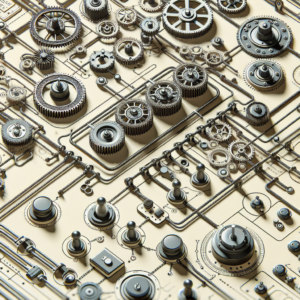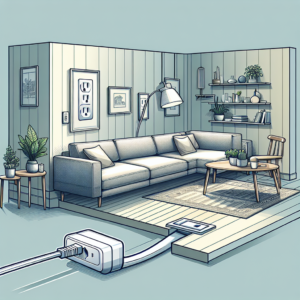Here’s the translation of your text into American English:
—
Since Pedro Sánchez took office as Prime Minister in 2018, his face has reflected the various stages of his political career. Initially, his skin showed signs of acne and an uneven tone, indicating that it hadn’t been subjected to intensive care. Over time, with the intervention of experts, his skin improved significantly. Cosmetologist Raquel González, founder of Byoode, emphasizes that “there was a noticeable change; the imperfections diminished and the tone became more even.”
However, the current political climate has affected his appearance. González points out that “Pedro Sánchez’s skin now reflects sagging and dehydration, with obvious signs of emotional exhaustion.” On social media, many users have commented on the possibility that the president is using makeup to hide these signs of wear.
Stress, which is ever-present in the president’s life, is a determining factor in these changes. Estefanía Nieto, dermocosmetic director at Medik8, explains that increased cortisol levels in high-pressure situations “inhibit collagen production, disrupt barrier function, and promote irregular pigmentation.” This can lead to more fragile skin, with spots and signs of fatigue, contributing to the pallor and sagging of his face.
Recently, the weight loss he seems to have experienced has accentuated these characteristics. Patricia Garín, dermocosmetic director at Boutijour, indicates that “facial fat loss can result in sudden aging, emphasizing nasolabial folds and sagging cheeks.”
Marta Agustí, nutritional director of Advanced Nutrition Programme, underscores that “the skin reflects the internal state, affected by chronic stress that leads to intestinal inflammation.” Changes in diet and sleeping habits, common in times of crisis, also impact skin health and can result in a more dull complexion.
Experts agree that, while a skincare routine can be maintained, emotional influences are palpable. González mentions that “facial expressions change, reflecting tension and an older appearance due to stress and sadness.”
Despite these challenges, there is hope for skin recovery. Nieto points out that, although restoring lost collagen is complicated, natural production can be stimulated through retinoids, vitamin C, and adequate rest. It is also essential to take care of nutrition and sleep on the path toward effective skin recovery, making skin a reflection of emotional and physical well-being.
—
Let me know if you need any further assistance!
via: MiMub in Spanish










